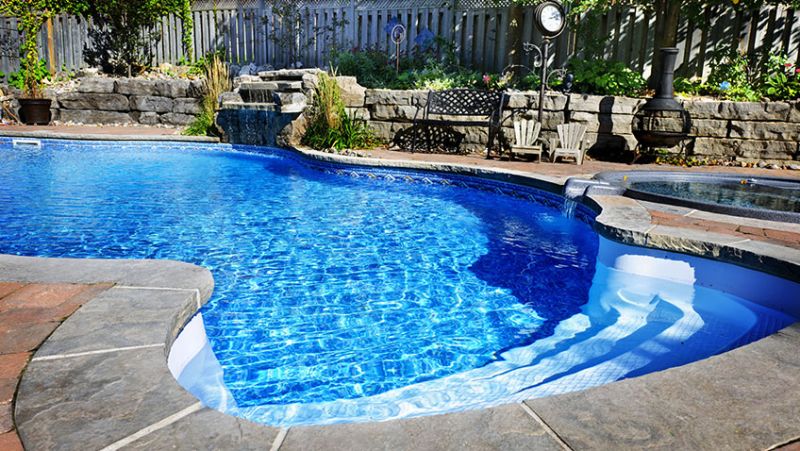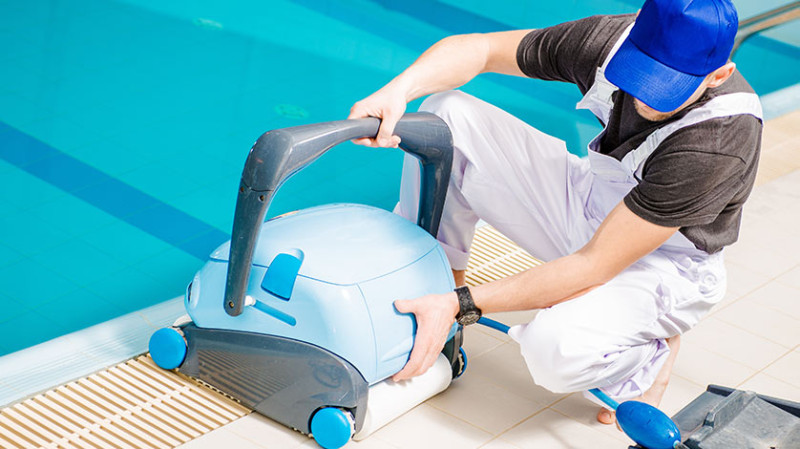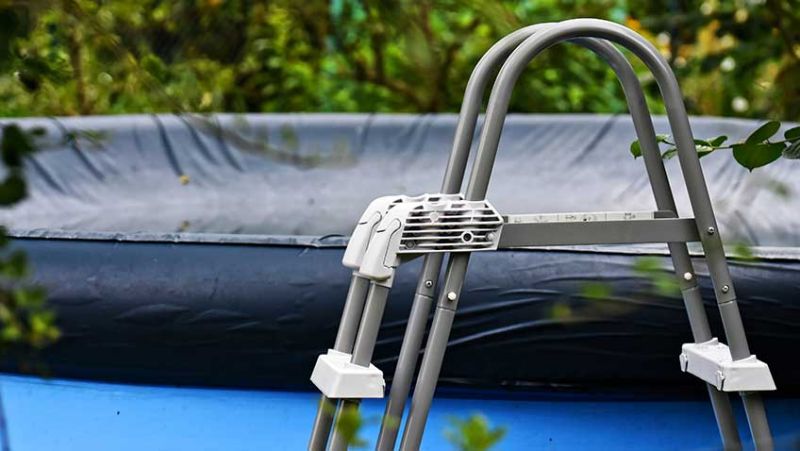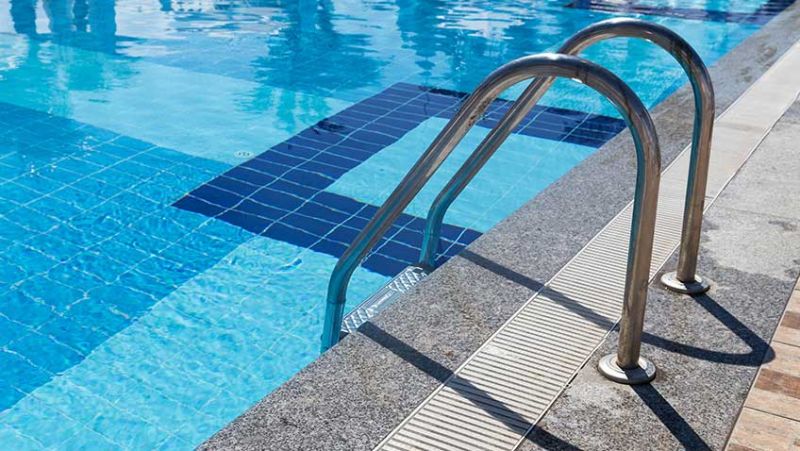
If you are lucky enough to have your own pool you already know that having a pool is not making you as lucky as everyone expects to be. In fact, enjoying a hot day in your own backyard at the swimming pool is definitely the lucky part. However, all the maintenance required to keeping the pool sparkling clean and flawless is the unlucky part of the whole experience. But keep in mind that a swimming pool does not have to be a challenge or take too much of your time, energy, money, or elbow grease. In fact, the only thing a swimming pool upkeep should be is efficient.
Now, it is important to say that all swimming pools are different, therefore, the maintenance for swimming pools is different too. However, all pools share one secret when it comes to their maintenance – they all require regular cleaning. In some cases, you may need to deal with a few serious issues such as a broken pump or murky water. You can definitely try and fix such issues on your own, however, keep in mind you always need to consult with a specialist first and discuss the problem with them, ask for advice. However, if DIY is not in your blood, you can definitely rely on a professional company to take care of your swimming pool but you still need to take care of a few things on your own in order to make sure your pool is in perfect condition.
Skim Debris, Clean Out Baskets
One of the fastest and easiest ways to make sure your swimming pool is clean and in good condition is by simply skimming the pool’s surface by hand every few days. In fact, debris will float for a while, and then it will sink, which will make it harder to remove once it is at the bottom of the pool. Therefore, use a long-handed net to collect all the debris on the surface every few days. This simple thing will not only keep the pool clean but it will also help for the pool’s increased inefficiency circulation system. It will also require you to add less chlorine to the water. Strainer baskets should also be cleaned at least once a week as it will also increase the efficiency of the pool’s circulation system and will demand you to add less chlorine in the water. In case it comes to an aboveground pool, you will find the strainer baskets at the sides of the pool, while the inground pool has baskets located in the pool deck.
Vacuum the Pool, Brush Walls and Tiles
Keeping the pool’s water clean is easy if you adopt a vacuuming routine at least once a week. There are different types of pool vacuums, it depends on the type you have and how you will use them. For example, manual vacuums need to be worked back and forth all over the surface of the pool. Make sure to slightly overlap each stroke as this will help you make sure all the debris and dirt is collected. Make sure to also check the filter of the pool each time you are vacuuming. If it is too dirty, make sure to clean it. Brushing the walls and tile of the pool is yet another part of the weekly cleaning routine. Doing that every week will help you avoid algae build up and calcium deposits on the pool’s tiles. The type of cleaning tool you are going to use for doing this weekly cleaning routine depends on the material your pool walls are made of.
Clean the Pool Filter
There are three main types of swimming pool filters and these are a cartridge, sand, and diatomaceous earth. Each type of these swimming pool filter requires a different maintenance and cleaning approach. Each of the types, however, require regular cleaning, and how often you need to clean your filter depends on how often the pool is used. Since an unclean filter can easily hinder the filtration process, make sure you are not skipping this step whenever it is needed to be done. However, only professionals know that a sparkling clean filter is less efficient than one that is slightly dirty. In the latter case, the dirt particles in the filter help for trapping other dirt particles and remove debris from the water. Therefore, you can leave the filter slightly dirty and not clean it perfectly.
Take Care of the Pool Heater
In fact, the pool heater s this element of your swimming pool that requires less maintenance and care than anything else. For example, gas heaters are normally working perfectly and you don’t need to maintain them for at least a couple of years. Electrical heaters can last even longer than that. However, if you are suspecting an issue with your pool’s heater, always make sure to check out with the manufacturer and handle the heater according to their instructions and guidelines. It is even better if you leave heater maintenance and repairs in the hands of experienced and knowledgeable specialists since heaters require specific maintenance and care instructions and services.
Maintain Water Level
Now, once the swimming season arrives, prepare yourself for the fact that a lot of water from the pool will be lost. This happens normally due to evaporation and the normal wear and tear during the season you use the pool the most often. Now, the best time to check the water level is when you are removing debris from your pool on a weekly basis. Make sure the level of water is not below the level of a skimmer, otherwise, you risk having the pool’s pump damaged. In case you notice that the water is too low, use your garden hose and bring it back to safe levels. Whenever you empty the pool at the end of the swimming season or due to maintenance reasons, make sure you don’t leave the pool empty for too long. You are recommended to leave a bit of water in the pool during the winter too.



